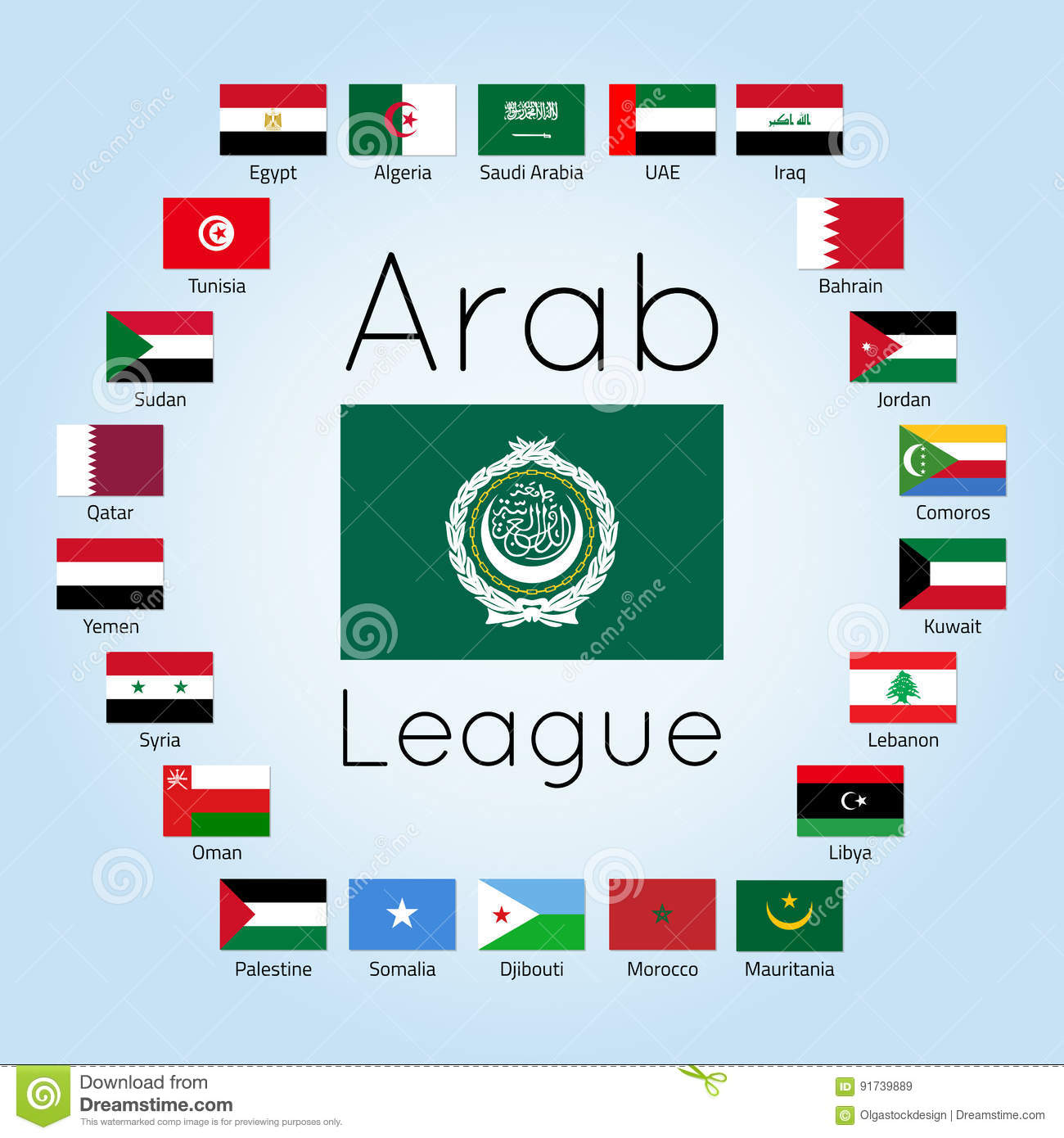Description

Copyright infringement is not intended
Context: Indian Foreign Secretary calls for alignment between UN and League of Arab States.
Highlights of United Nations Security Council meeting on cooperation between the UN and the League of Arab States:
- India called for greater policy alignment between the U.N. and the LAS, fostered by regular and frequent consultations.
- It welcomed the comprehensive coordination at the field level and emphasised post–conflict peace building via reconstruction and economic development.
- It suggested that all efforts ensure regional stability with a special focus on the welfare of women and minorities.
- N. and the LAS must take concerted efforts to support the reactivation of the Middle East [West Asia] peace process in line with a two–state solution based on the internationally agreed framework and previous agreements between the parties,”
- The UAE, along with several other Arab countries, began normalising its relations with Israel, particularly with the signing of the Abraham Accords — a trilateral agreement among the U.S., the UAE and Israel, signed in 2020.
Arab League or the League of Arab States
- It is a regional organization in the Arab world, which is located in Northern Africa, Western Africa, Eastern Africa, and Western Asia.
- The Arab League was formed in Cairo on 22 March 1945
- Membership: Initially formed with six members: Egypt, Iraq, Jordan, Lebanon, Saudi Arabia, and Syria. Yemen joined as a member on 5 May 1945. Currently, the League has 22 members, but Syria's participation has been suspended since November 2011.
- Goal:
- to "draw closer the relations between member states and co-ordinate collaboration between them
- to safeguard their independence and sovereignty, and to consider in a general way the affairs and interests of the Arab countries".
- Each member state has one vote in the Council of the Arab League, and decisions are binding only for those states that have voted for them.
- The aims of the league in 1945 were to strengthen and coordinate the political, cultural, economic and social programs of its members and to mediate disputes among them or between them and third parties.
India - Arab League Relations
India has traditionally enjoyed close and friendly relations with the Arab world.
- Historic relations: India and Arab world relations date back to ancient times. Traders, scholars and diplomats often traverse the Arabian Sea and the land routes linking India to West Asia and the Arab peninsula, transferring knowledge and merchandise. A shared cultural heritage, through the linkages of language and religion continues to lend energy to these historic bonds.
- Bedrock of India-Arab relations:
- Arab world is part of India’s extended neighbourhood. India’s commitment to the Palestinian cause, shared views on major international developments and strong economic and commercial relations.
- Much of India’s external trade passes along the Suez Canal, the Red Sea and the Gulf of Aden.
- There are vital Indian investments in countries stretching from Oman and Saudi Arabia to Egypt, Sudan and beyond.
- India has large expatriate community in the Arab world. It is home to more than 7 million Indians and caters to 60% of our crude oil imports.
- Trade relations: India’s total bilateral trade with the Arab world stands at over US$ 162 billion, and covers a variety of goods and services, from oil to infrastructure and telecommunications to consumer goods.
- India and LAS signed an MoU institutionalizing the process of dialogue in March 2002.
- The Manama declaration and the Executive Program opened up a new chapter in India –Arab relations.
- The Executive Program covers a broad range of subjects and envisages:
- Senior Officials Meetings: These are to take place annually between all member-states of the League and India. These are envisaged in the form of political consultations between Foreign Ministries.
- Ministerial meetings: These are to be held every two years either in India or in one of the LAS member states, and at the level of Foreign Ministers.
- India-LAS Partnership and Investment Summit: This is the flagship event in the economic field, to be held every two years, with the participation of Ministers of Commerce and Industry.
- The Arab India Cultural Festival: As a means of promoting greater cultural interaction and people to people contact, the Arab Indian Cultural Festival is to be held every two years alternatively in India and in the Arab world.
- Media Cooperation: Recognizing the value of the media’s role in India and the Arab world and to promote interaction between media houses and journalists, regular interactions in the form of visits, and conferences are planned.
https://www.thehindu.com/news/national/india-arab-world-share-a-civilisational-relationship-says-shringla-at-unsc/article65252806.ece











